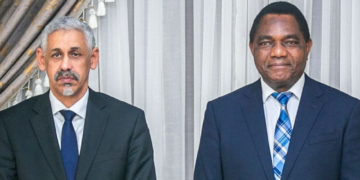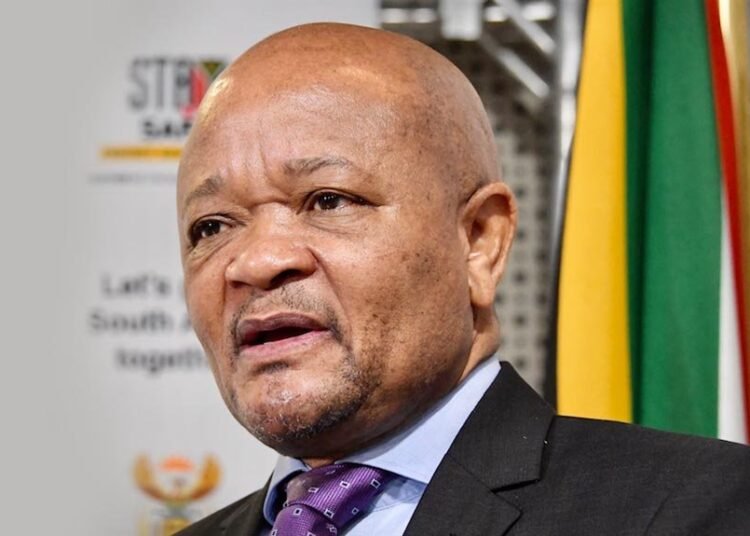Water and Sanitation Minister, Senzo Mchunu, has reinforced government’s commitment to ensure water security by 2030 and beyond, while also working towards improving and enhancing sanitation related services in the country.
Mchunu was speaking during a discussion held on the side lines of the United Nations 2023 Water Conference, currently underway at the United Nations Headquarters in New York, USA.
Held under the theme “Multistakeholder Commitments to the Water Action Agenda – Integrated Water and Climate Solutions – From Science to Decisions to Actions”, the side event sought to get various participants at the conference to commit to decisions that are taken to improve water action agenda globally and translate them to action.
Addressing representative member states, Mchunu said South Africa is a water scarce country and its strategy for managing the impact of climate change mainly focusses on efficient use of limited water resources; investing in water conservation and demand management; increased sustainable use of groundwater aquifers, and pursuing other potential sources, including sea water desalination, amongst others.
He added that the government of South Africa, through the Department of Water and Sanitation, is working collaboratively with civil society formations, organised labour, the financial sector, organised business and the research fraternity, to develop and implement a comprehensive strategy on water resilience in the country.
“For example, at the same time as investing in additional water storage capacity, we are mobilizing all spheres of government and sectors of society to conserve water and to use it more efficiently.
“This multipronged approach has enabled us to manage severe climate change events, such as the extraordinary drought currently being experienced in the Nelson Mandela Bay Metropolitan Municipality in the Eastern Cape,” Mchunu said.
Giving details on how to prevent the Metro from running dry, the Minister said all spheres of government and civil society are working together to develop new sources, such as boreholes and sea water desalination; while simultaneously vigorously implementing water conservation and demand management measures, including reducing leakages in the water system, pressure management, punitive tariffs for high water usage, as well as an intensive awareness campaign to get business and households to use less water.
“This model enables the development of water services that are inclusive and gender transformative. When there is limited water access, it is the poor who suffer the most because they have less ability to procure alternative sources of water and it is usually women who bear the brunt.
“In the context of climate change and water scarcity, our approach is to ensure a minimum basic supply of water to all rather than a lot for a few and no water for many,” he said.
Mchunu ended by reinforcing the Ministry approach to enhancing public-private sector collaborations for the financing and management of water resource and water services infrastructure.
These includes commercial loan financing and public private partnerships, as well as non- commercial collaboration to meet mutual interests.
“For example, we are implementing US$1.3 billion project with mining houses to construct a bulk pipeline to supply water to new mining areas while simultaneously distributing water to villages along the pipeline, on the basis of a 50:50 contribution by government and the private sector,” Mchunu said.
The three-day UN 2023 Water Conference, which started from 22-24 March 2023, is co-hosted by the Governments of Tajikistan and the Netherlands.






























































